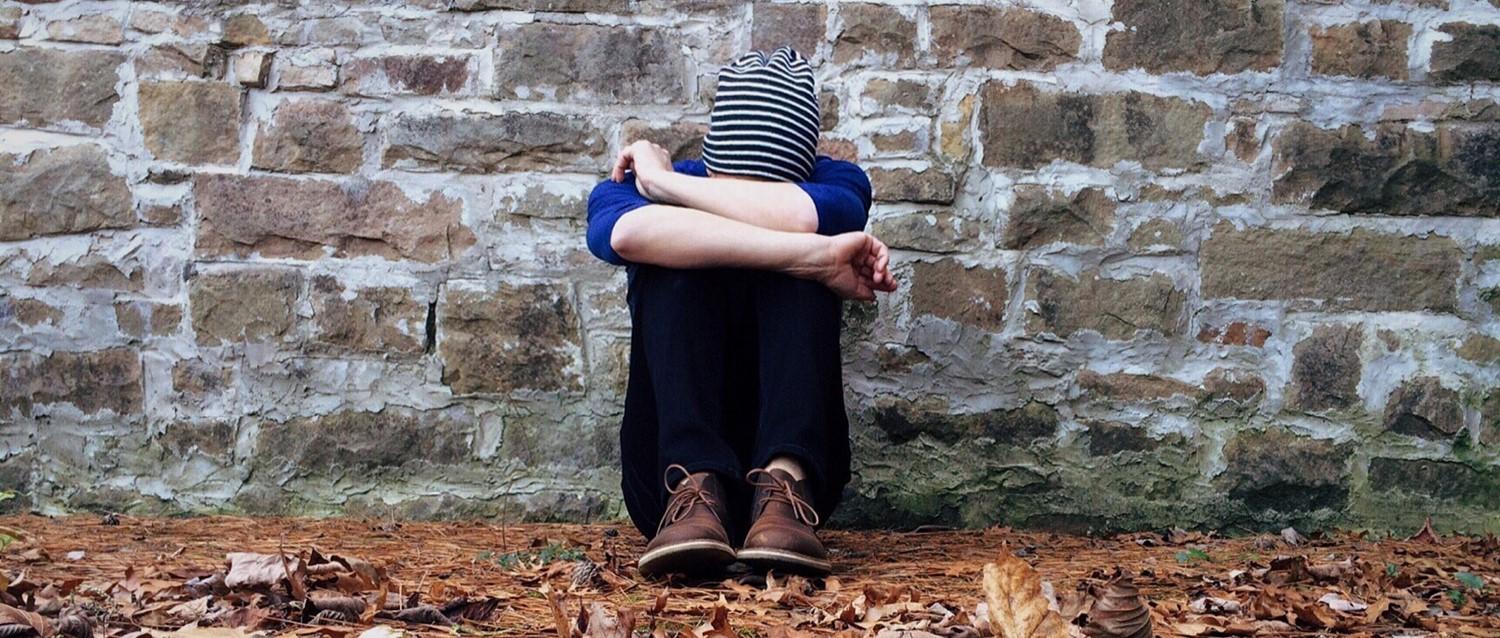
What to do when the news is making you anxious
Peer reviewed by Dr Sarah Jarvis MBE, FRCGPLast updated by Gillian HarveyLast updated 3 Jan 2020
- DescargarDescargar
- Compartir
Whether we're worried about politics, concerned about crime or feel helpless hearing about natural disasters, many of us have experienced worry when watching or reading the latest news.
En este artículo:
But sometimes, certain situations or issues can leave us feeling genuinely anxious. In a world of 24/7 news updates, where more and more of us are engaged with current affairs on social media and bombarded with stories online, how do we manage news-related anxiety?
Seguir leyendo
Healthy exposure
Often, if we're anxious about a certain situation, it's a good idea to expose ourselves to it. For example, if we're anxious about being in a crowded place, a therapist might recommend we spend a little time exposing ourselves to this situation as part of our treatment.
However, whilst it's important not to avoid the news altogether, it's not a good idea to spend too much time reading and examining news that makes us anxious. "Usually with anxiety, avoidance can be a negative thing," agrees neuropsychotherapist Dr Sharie Coombes. "But there is an argument for staying away from negative news. You can't live your life in a vacuum, but approach it gently in a way that feels controllable."
This could involve keeping an eye on the headlines, but not exploring anxiety-triggering stories in depth, or even asking someone you trust to apprise you of the facts.
Mind control
Of course, even if we're not reading up on stories about worrying crimes or tragic situations, we may find ourselves dwelling on issues that make us feel anxious. If you find yourself thinking about subjects too much or feel anxious a lot of the time, it's important to give your mind a rest.
"If you have a propensity for obsessive thinking, it can be difficult to think about other things," agrees Coombes. "The brain is constantly trying to make sense of something, file it and move on. If it won't we have to help it to refocus.
"Think of a blank piece of paper. In the centre is a purple dot. If you just focus on that dot, it feels as if it's everything. You need to deliberately look at something else, whether that's going for a walk, having coffee with a friend, exercising or playing with the kids. Try to look at the rest of the page."
Seguir leyendo
Tricky conversations
The problem with being anxious about things happening in the news is that others will share our concerns, if not our anxiety. Whether you're at work, meeting a friend or ringing a parent for a chat, it might be that these 'trigger situations' crop up in conversation. So how do you deal with this situation?
"In some conversations, it may be possible to simply say that you're finding the subject hard at the moment and don't want to talk about it," says Coombes. "Of course, this might not be possible in certain situations - for example, if you're in a meeting at work."
If you don't feel able to be upfront and ask to move the conversation on, you could use conversational tricks to shift the subject instead. "Try to move the conversation from concern to something more practical: possible solutions," advises Coombes. "If you're worried about people living in poverty, talk about ways you can help. We can't control the whole picture, but we can often control our part of it. For example, giving to or helping out at food banks."
Selección de pacientes para Ansiedad

Salud mental
Can anxiety cause cancer?
A 2016 study of 16,000 UK men and women over 40 found that men suffering from severe anxiety were more than twice as likely to die from cancer as those who didn’t. Research subjects were tracked for 15 years, and their anxiety levels correlated with the likelihood of them developing cancer. Interestingly, no similar connection was found in women.
por la Dra. Sarah Jarvis MBE, FRCGP

Salud mental
Ansiedad
La mayoría de las personas sienten ansiedad de vez en cuando. Sin embargo, la ansiedad puede llegar a ser anormal si interfiere en sus actividades cotidianas. La ansiedad es un síntoma de diversos trastornos de ansiedad. A menudo pueden tratarse. Los tratamientos incluyen diversas terapias de conversación y medicación.
por el Dr. Colin Tidy, MRCGP
Worry time
If you still feel your anxiety is overwhelming, one way to deal with it is to give yourself a fixed 'worry time'. This involves choosing a time of day when you can devote all your time to worrying about the problem. When a worry occurs earlier in the day, you can write it down or mentally say to yourself that you will save it for the worry time.
When the worry time occurs, you need to sit and worry for the whole ten minutes. You may find your brain getting bored - but this is the idea. After a while, your brain will feel it has focused on that subject enough. "It's important to be disciplined about it, and set yourself a task to do at the end of the ten minutes so there's a cut-off point," advises Coombes.
Seguir leyendo
Varying your media diet
Some websites and news outlets are more sensational than others, and may focus on the shock factor of stories. It might be worth looking into other news sources that give a more balanced picture or explain stories in a less sensational way. "Choose an outlet that you feel is reliable and not alarmist when you consume your news," says Coombes.
Sometimes the world can seem an uncertain and dangerous place. And concern about some news stories is completely normal. But if you feel that your worries about certain issues are making you feel overly anxious, it's important to address this issue to strike a healthy balance between being informed and being overwhelmed.
Historia del artículo
La información de esta página ha sido revisada por médicos cualificados.
3 Jan 2020 | Latest version

Pregunte, comparta, conecte.
Explore debates, formule preguntas y comparta experiencias sobre cientos de temas de salud.

¿Se encuentra mal?
Evalúe sus síntomas en línea de forma gratuita